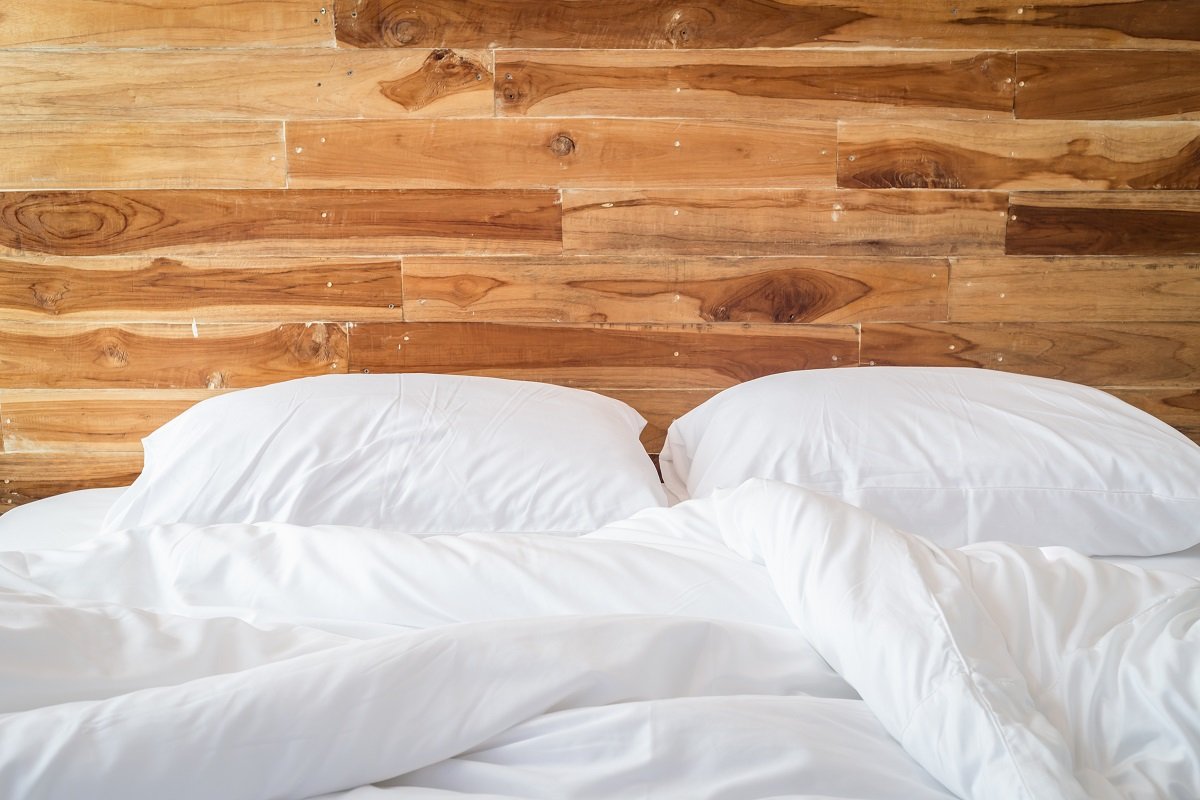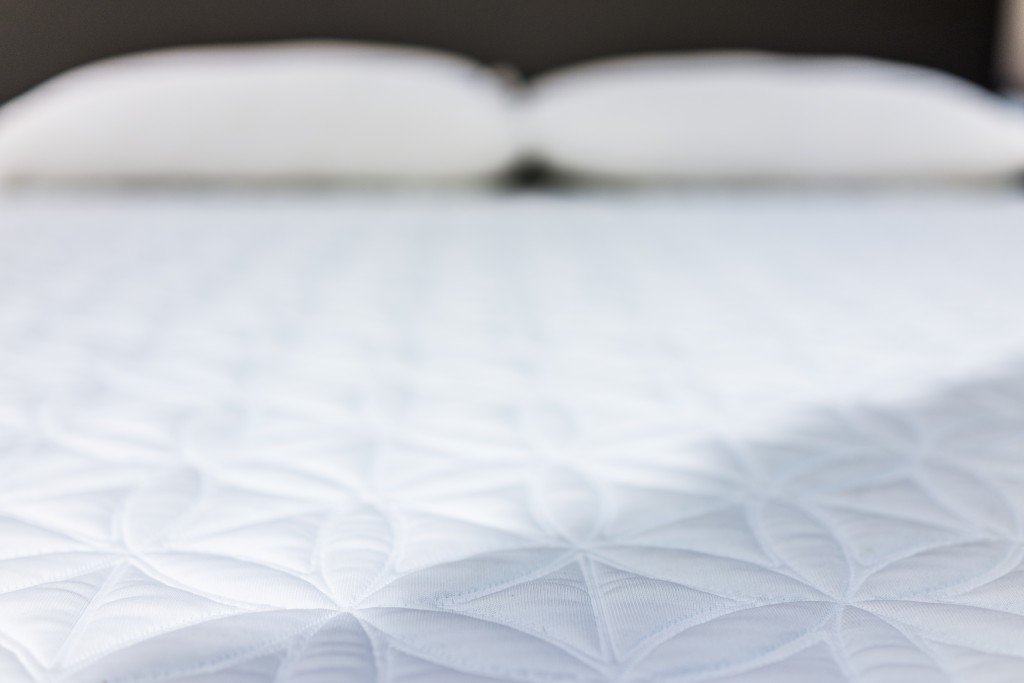Right after a hard day at work, people want to hit the sack. Commonly, people will start to have an aching back after a tiring day at work, so it’s only logical that people want a good bed that can relieve all of that tension. For the most part, a lot of individuals wish to have an excellent soft bed that they can sink into when they’re tired. However, this might not be the best for one’s back.
Although it might seem luxurious, a soft bed can be a problem for those who are sleeping on their stomach or their back, though this will depend on your weight. Of course, if you weigh more, you may sink deeper into your bed, causing the sleeping surface to become “distorted,” which can often influence your posture.
The standard premise that a firm bed is suitable for your back usually stems from the fact that it doesn’t “warp” as much as softer beds. While it’s true that a firm bed won’t distort, a firm mattress should still accommodate your body’s form and posture. A bed that’s too firm can eventually lead to issues with posture.
Should It Be Firm?
The short answer to this question: It will depend on what you’re more comfortable with. If you’re not used to having a firm bed, it might cause complications with your back. Why? There are several reasons why you should choose wisely on the firmness of your mattress.
- Pressure Increase — Most of the time, having an uncomfortable mattress might cause the buildup on your upper back and lower body. These areas are known for supporting most of your spine. If you feel numbness on your back, you might want to consider reaching out to a professional.
- Subluxation — A mattress that’s too firm might cause the misalignment of your spine. Most of the time, a firm bed will often support the heaviest parts of your body, which is your shoulders, thighs, and chest area. That might lead to the buildup of uncomfortable pressure, which can often lead to problems with your spine. Misalignment of the spin can be caused by various factors, and it’s essential to get professional consultation on the matter.
- Comfortability — Firm beds aren’t necessarily the most comfortable out there. There will be instances that it will leave gaps in between you and your bed. Ironically, this means that some parts of your body won’t be supported because the mattress is too firm.

It’s also important to note your personal preference when it comes to the firmness of your bed. If you’re used to sleeping on a soft bed, you might want to get one that’s suited towards your personal preference.
While you might want a versatile bed, it’s still important to think of who will be sleeping in that bed. Is it for children? Is it for older people? Most experts would say that children should transition from a softer mattress to a firmer one as they grow older. On the other hand, older people might need softer beds since they tend to have a “weaker” back.
What’s Good for Your Back?
The most common misconception that people have is that really firm mattresses can be useful for your back. In reality, a bed that is too firm can lead to even more back problems. Having the right balance between firmness and softness is needed for a good back. Fortunately, some businesses sell well-balanced mattresses that aren’t too firm or too soft.
Most experts would say that the best mattress that you can get if you have a bad back or need to correct your posture is a bed with at least medium density in terms of firmness. It’s also important not to have a soft bed. Your mattress should be able to address your body’s weight while also relieving pressure in critical areas. If your problem is your back, you might want to get yourself checked with a chiropractor or any licensed medical professional.
The bottom line? There’s no problem with having a firm bed as long as there’s a balance between being soft and firm. Your bed’s primary function is to accommodate for your posture and form, and your bed should be versatile enough. It’s also important to note your comfortability when you’re in bed; it’s harder for people to fall asleep if they’re not used to a specific “firmness” of the mattress.
Ultimately, it depends on how comfortable you are. Having a balance of both soft and firm can help ensure that your comfortability is maximized.











